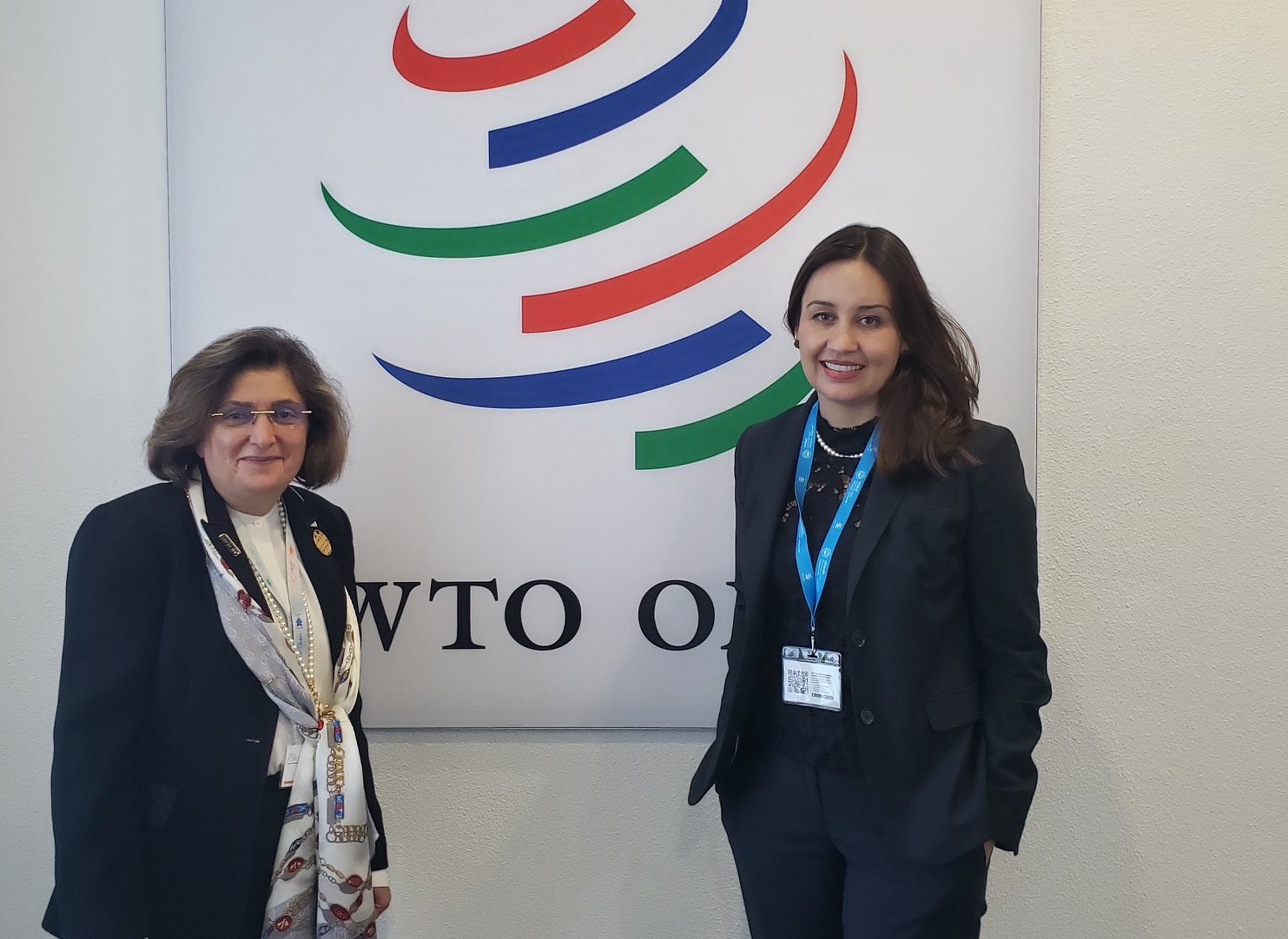The Limits of Transparency in China and the World Trade Organization

AUWCL Professor Padideh Ala’i is a thought leader on the role of the WTO in promoting “good governance” norms and values in the administration of trade-related measures. Her most recent scholarship on this topic is entitled “The Limits of Transparency: China, the United States, and the World Trade Organization,” (co-authored with Katayoon Beshkardana,) published in Berger et al., eds., Cultures of Transparency: Between Promise and Peril (London: Routledge, 2021).
This book chapter reviews the increased importance of legal transparency obligations from the periphery of the GATT 1947 to a central obligation found throughout the WTO Agreements. Transparency was one of the pillars of the multilateral trading system from the inception of the General Agreement on Tariffs and Trade (GATT) in 1947. With the creation of the World Trade Organization (WTO) in 1995, transparency became even more central to the mandate of the organization. This was largely due to the flourishing of the administrative and regulatory state from 1947-1995. Transparency obligations under the WTO agreements allow member states to impose regulatory restrictions in a non-discriminatory and least trade restrictive manner to protect and promote non-economic interests: the environment, labor, or human, animal and plant life, health and safety.
Lack of transparency was a primary concern of the United States and the European Union (EU) during China’s WTO accession negotiations. As a result, the protocol of accession of China to the WTO imposes additional transparency obligations on China. Since its accession, China has promulgated many transparency related laws to comply with its WTO obligations. However, as Ala’i and Beshkardana argue, China has failed, from the perspective of the United States, to comply with these obligations, and increased legal transparency has not resulted in a liberal market economy, rule of law, and due process for China. The chapter explores in more depth the limits of imposing legal transparency obligations for countries like China, in hopes of creating a more open and democratic system. It concludes that in China, legal transparency is hard to implement given the size of the country, its history, and the variety of differences among local governments in implementing central government mandates. Legalism in China is premised upon governmental control, not upon governmental accountability. Furthermore, Confucian attitudes towards governance historically valued opacity rather than transparency.